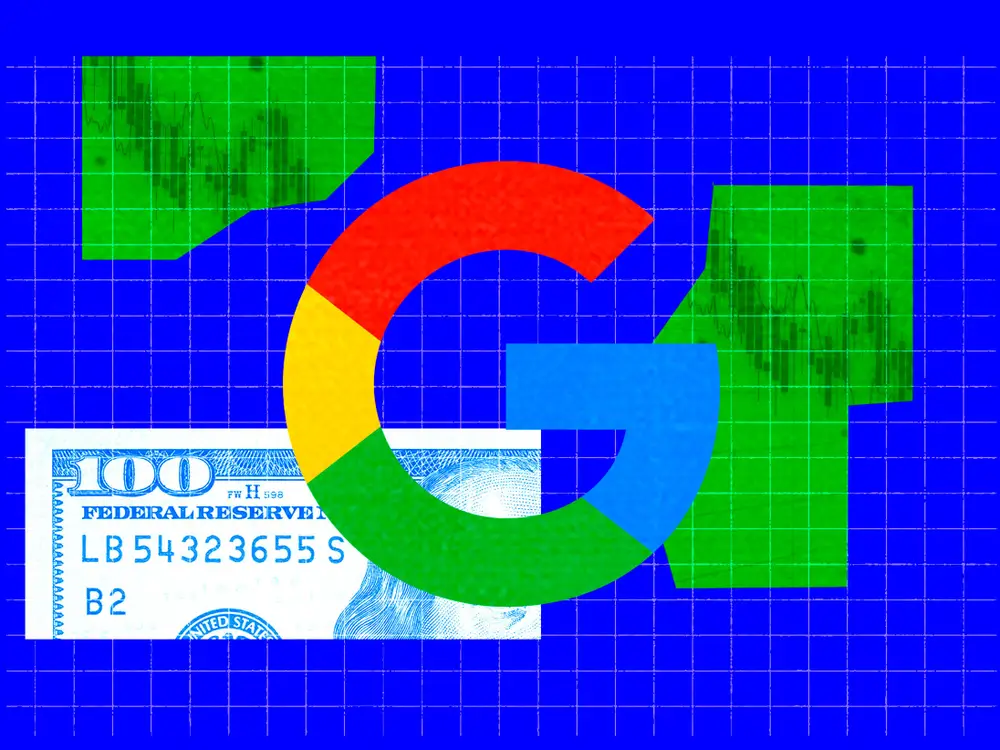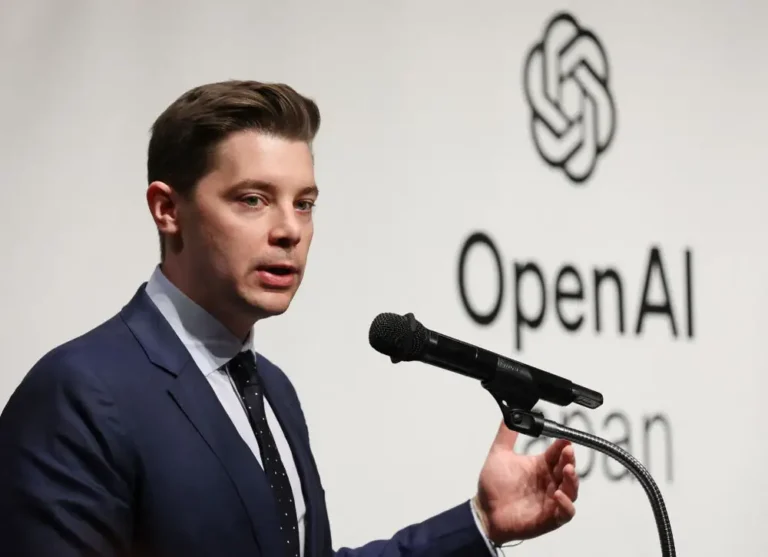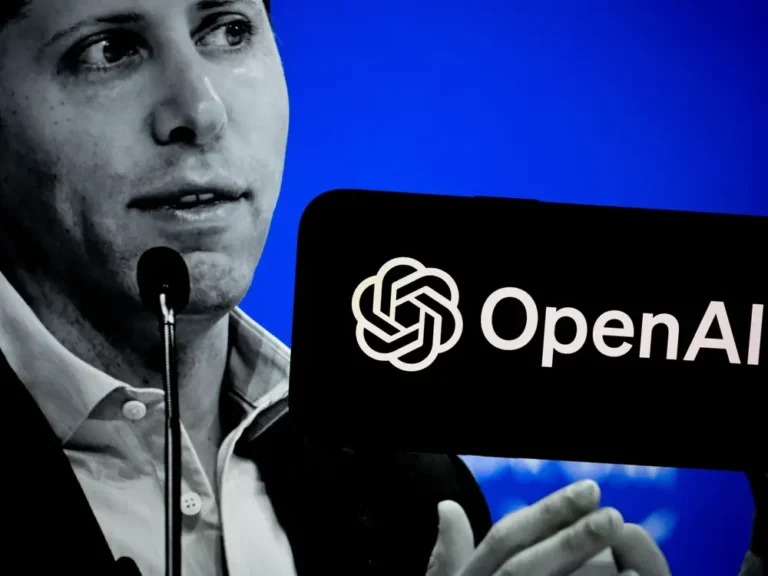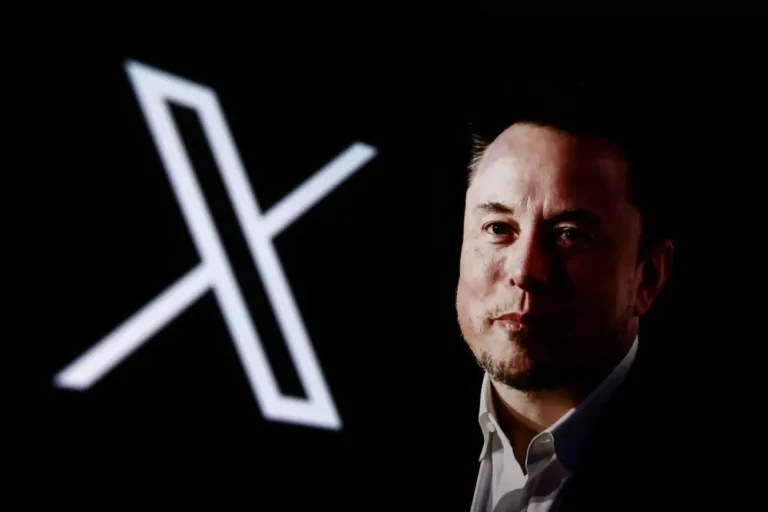Google delivers a big earnings beat fueled by AI growth

Google’s parent company, Alphabet, released better-than-expected earnings for the third quarter after the closing bell on Tuesday.
Revenue from Google Cloud grew 35% year over year to $11.4 billion, bolstered by “accelerated growth” in the company’s AI products, the company said.
The company’s shares were up more than 5% in after-hours trading.
Here are the key numbers for the third quarter compared to analysts’ estimates:
- Earnings per share: $2.12 vs. $1.83 expected
- Revenue: $88.27 billion vs. $86.44 billion expected
- Google Advertising: $65.9 billion vs. $65.5 billion
- YouTube advertising revenue: $8.92 billion vs. $8.89 billion expected
- Google Cloud revenue: $11.35 billion vs. $10.79 billion expected
Alphabet and Google CEO Sundar Pichai said the company’s AI investments were “paying off.”
“In Cloud, our AI solutions are helping drive deeper product adoption with existing customers, attract new customers and win larger deals,” Pichai added. “And YouTube’s total ads and subscription revenues surpassed $50 billion over the past four quarters for the first time.”
Pichai gave an update on the company’s evolving search product, which has been rolling out AI-generated answers called AI Overview in Google results. The AI results now reach over 1 billion users on a monthly basis, he said, and ads in AI Overview are “performing well.”
Google said its employees are also increasingly using AI products at work.
“Today, more than a quarter of all new code at Google is generated by AI then reviewed and accepted by engineers,” Pichai said.
The search giant’s earnings arrived less than three months after a federal judge ruled the company violated antitrust law by illegally maintaining a search monopoly. Google is also fighting a separate antitrust battle over its adtech business. A potential breakup hangs over the company’s head, and protracted legal fights are expected.
Pichai briefly addressed the legal challenges on Tuesday’s call.
“We plan to vigorously defend these cases, and some of the early proposals from the DOJ have been far-reaching,” he said. He added that, if approved, the proposed remedies “could have unintended consequences, particularly to the dynamic tech sector and the American leadership there.”
The company in October also announced a major reorganization amid its growing AI efforts, moving the Gemini app team under the Google DeepMind team led by Demis Hassabis. Pichai compared the reorganization to a neural network “forming new synapses.”
“Google’s results this quarter show that it can perform despite serious regulatory threats to its ads business,” Emarketer senior analyst Evelyn Mitchell-Wolf told B-17.
“As competition rises around its core search business, Google’s defense, grounded in AI, is locked in, and it heads into the holiday season well positioned to win ad budgets,” Mitchell-Wolf added.
Alphabet said its fully self-driving vehicle business, Waymo, has hit 150,000 paid rides a week totaling over 1 million fully autonomous miles. Pichai said it’s the “first time any AV company has reached this kind of mainstream use.”
“Waymo has multiple paths to market, and with its sixth generation system, way more significantly reduced unit costs without compromising safety,” Pichai said.
The CEO said Alphabet is working on additional Waymo partnerships with network partners and fleet managers as it looks to scale.
When asked if the company had seen any impact on its business ahead of the US presidential election, Google’s chief business officer, Philipp Schindler, said that the company saw “a slight tailwind from election-related ad spend in the third quarter, which was a little bit more pronounced in YouTube ads.”






